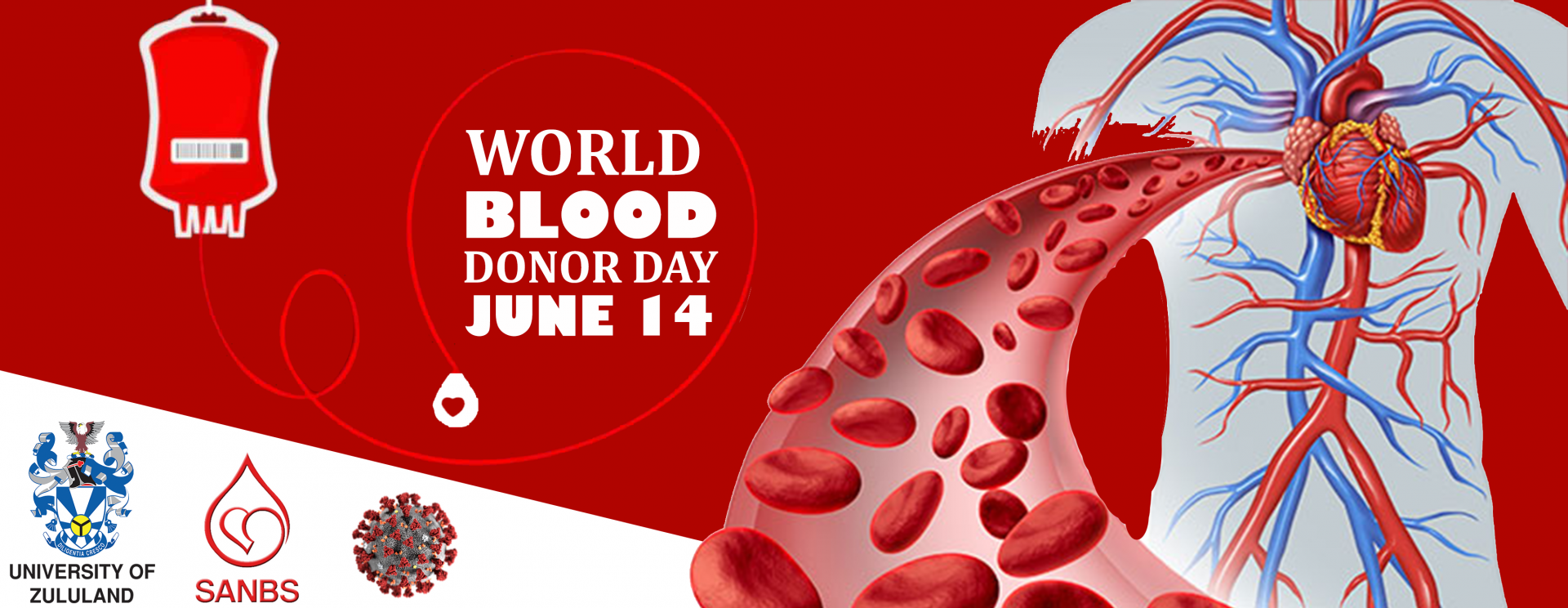World Blood Donor Day

Give blood and keep the world beating.
World Blood Donor Day takes place on 14 June each year. The aim is to raise global awareness of the need for safe blood and blood products for transfusion and of the critical contribution voluntary, unpaid blood donors make to national health systems. The day also provides an opportunity to call to action to governments and national health authorities to provide adequate resources and put into place systems and infrastructures to increase the collection of blood from voluntary, non-remunerated blood donors.
Safe blood and blood products and their transfusion are a critical aspect of care and public health. They save millions of lives and improve the health and quality of life of many patients every day. The need for blood is universal, but access to blood for all those who need it is not. Blood shortages are particularly acute in developing countries.
To ensure that everyone who needs safe blood has access to it, all countries need voluntary, unpaid donors who give blood regularly. Throughout the COVID-19 pandemic, despite limited mobility and other challenges, blood donors in many countries have continued to donate blood and plasma to patients who need transfusion. This extraordinary effort during a time of unprecedented crisis highlights the crucial role of well-organized, committed voluntary, non-remunerated blood donors in ensuring a safe and sufficient blood supply during normal and emergency times.
Focus of this year’s campaign
For 2021, the World Blood Donor Day slogan will be “Give blood and keep the world beating”. The message highlights the essential contribution blood donors make to keeping the world pulsating by saving lives and improving others’ health. It reinforces the global call for more people all over the world to donate blood regularly and contribute to better health.
A special focus of this year’s campaign will be the role of young people in ensuring a safe blood supply. In many countries, young people have been at the forefront of activities and initiatives aimed at achieving safe blood supplies through voluntary, non-remunerated blood donations. Young people form a large sector of the population in many societies and are generally full of idealism, enthusiasm and creativity.
The specific objectives of this year’s campaign are to:
- thank blood donors in the world and create wider public awareness of the need for regular,
- unpaid blood donation;
- promote the community values of blood donation in enhancing community solidarity
- and social cohesion;
- encourage youth to embrace the humanitarian call to donate blood and inspire others to do the same;
- celebrate the potential of youth as partners in promoting health.
THE NEED FOR BLOOD DOESN’T STOP DURING A PANDEMIC
WHO NEEDS BLOOD?
Women losing blood during childbirth, people with thalassemia, road accident victims, and more.
IT IS SAFE TO DONATE & RECEIVE BLOOD?
The Blood Service has extra measures in place for hygiene and social distancing to protect donors and staff. There is no evidence to date to suggest COVID-19 can be transmitted by a transfusion.
Less than 1% of South Africans are active blood donors. A unit of blood only lasts 42 days after donation and, for this reason, it is important for blood donors to donate regularly. Donors can give blood as often as every eight weeks. Every unit of blood can save a minimum of three lives as blood is separated into red blood cells, plasma and platelets.














Leave a Reply